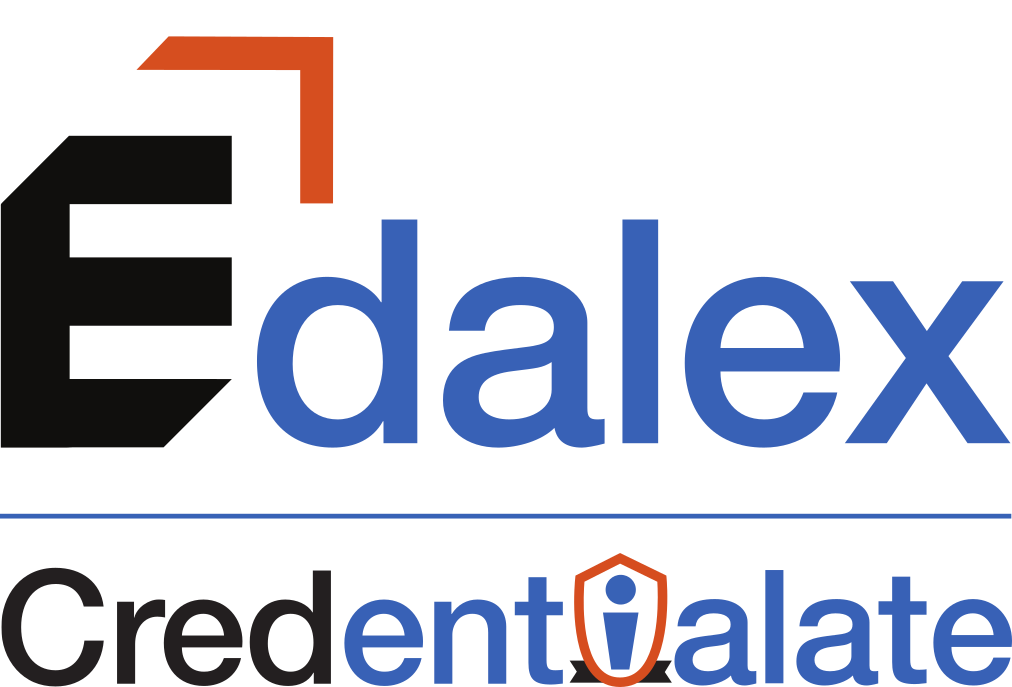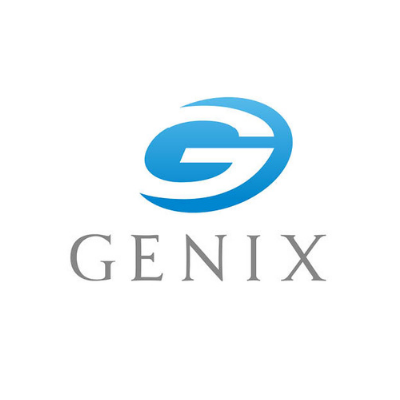The Innovation Sprints have formally been accepted by EduGrowth and Global Victoria. This will see 9 Victorian education technology solutions deployed both in Victoria and overseas to test product efficacy for improved learner outcomes.
EduGrowth and Global Victoria have officially selected the Innovation Sprints for the Global Victoria EdTech Innovation Alliance.
The Global Victoria EdTech Innovation Alliance program is funded by the Victorian Government as part of the $3.6 million International Research Partnerships program under the $33.4 million International Education Short-Term Recovery Plan. This Plan was announced by Minister for Trade, Martin Pakula.
The aim of this program is to enhance the global reputation of Victorian EdTech and education innovation, and provide an example for the Australian EdTech ecosystem of the opportunities available when this testbed model is implemented.
“This is the critical next step of the Global Victoria EdTech Innovation Alliance. We look forward to the progress of the Sprints and the results of the research.”
David Linke, Managing Director of EduGrowth
The Alliance will see the selected Innovation Sprints deploy Victorian EdTech solutions both in Victorian and international education institutions and schools. Over 26 weeks, the Sprints will be overseen by an independent researcher appointed to endorse the Sprint testbed design and validate the efficacy of the solution being trialled.
9 Innovation Sprints have been selected to participate, out of 29 grant applications. Thank you to all the organisations who put forward innovative EdTech trial proposals. This was a competitive grant process, overseen by sector experts and government representatives through multiple stages of evaluation. The quality and calibre of the submissions were high.
Each approved Sprint aligned with the objectives for the Global Victoria EdTech Innovation Alliance. In the coming months, we will share the goals, progress and, ultimately, findings of the Sprints. The subsequent research outcomes are a significant part of exhibiting the efficacy of the solutions and the success of this program framework.
Congratulations to the Innovation Sprints. EduGrowth is thrilled to support this next stage of the Victorian education innovation journey.
Cadmus
Cahoot Learning
Edalex
Genix Ventures
Intellischool
Maths Pathway
MentorMatch
Verso Learning
Ziplet
Cadmus Innovation Sprint
This Sprint aims to improve student outcomes and academic integrity through technology-enhanced assessment reform.
The team will explore the impact of Cadmus, an online assessment for learning platform, designed to help university teachers improve assessment design, and increase contextual support for learners.
The Cadmus solution will be tested at the University of Melbourne and Swinburne University of Technology in Victoria, and University of Manchester in the United Kingdom.

Cahoot Learning Innovation Sprint
This Sprint will explore how the Cahoot Learning platform can create a better learning experience and outcome for workforce reskilling and upskilling. Through a personalised learning experience, the Cahoot Learning solution aims to investigate how their approach can impact learners in Australia and a LATAM setting. Overseeing and supporting the project is the team from Monash University’s Executive Education Department.
The Cahoot Learning solution will be tested at Monash University in Victoria, and Universidad Anahuac in Mexico.
Edalex Innovation Sprint
This Sprint aims to address the increasing need for education institutions to provide appropriate tools and resources for learners to bridge the learner-to-earner gap and meet the needs of industry for job-ready graduates.
Edalex will investigate the efficacy of personalised learner Evidence Records produced by the Credentialate platform from Edalex. The ultimate aim is to improve employability outcomes for learners while helping address a talent shortage for employers.
The solution will be trialled at Melbourne School for Professional and Continuing Education (MSPACE) at the University of Melbourne in Victoria, and the Institute of Applied Creativity for Transformation (IACT) University of Dayton. Both will be supported with 21st century skills resources from the Education Design Lab in the United States.

Genix Ventures Innovation Sprint
This Sprint will deploy EXAMINA+ in three target-market institutions to determine the feasibility of
greater global scaling.
Scoping studies have affirmed that EXAMINA+ can play a major role in the growing market for assessment-led learning. Genix has redeveloped EXAMINA+ to meet the needs of this segment, which combines disciplinary, digital and institutional expertise to: align assessment tasks with learning outcomes; validate authentic assessments; deploy assured assessment tasks; diagnose learning needs; mark and moderate results; establish trusted information; dynamically target learning resources; produce evidence of learning; and underpin credentialing.
EXAMINA+ will be deployed for use by Holmes Institute in Victoria, the International Marketing Corporation and Tsinghua University in China, and by language training providers in India.

Intellischool Innovation Sprint
This Sprint will focus on making data based on big timeframes useful for daily teaching decisions, as well as the resulting impact on the ways in which teachers plan for the personalisation of the learner experience.
So much of the data teachers are presented which is summative, semester-based and rearward looking. At this scale, it’s almost impossible to make it meaningful to day-to-day, lesson-to-lesson planning activity. Through these trials, Intellischool aims to test the efficacy of this strategic solution.
The solution will be deployed at Parade College in Victoria, as well as Tanglin Trust School in Singapore.

Maths Pathway Innovation Sprint
This Sprint will pilot Maths Pathway’s Learning and Teaching model in an international context, to test the extent to which cultural, societal and demographic differences impact the ability to deliver similar learning outcomes in the rest of the world.
The Maths Pathway Learning and Teaching model has been used to lift student outcomes by more than 300 Australian schools. Maths Pathway aims to achieve similar learning gains around the world.
The solution will be deployed at Mill Park Secondary College in Victoria, as well as Port Vila International School in Vanuatu.

MentorMatch Innovation Sprint
This Sprint will test the hypothesis that providing experienced, qualified, mentors, at scale through an EdTech platform, during an international student’s studies, will fill the void of not having social and professional networks in the foreign country. When an international student studies abroad, they leave behind a wealth of social and professional networks that would otherwise be used to prosper socially and secure employment in their field of study.
The solution will be deployed at La Trobe University in Victoria, and Acsenda School of Management in Canada.

Verso Learning Innovation Sprint
This Sprint will focus on how to use their Learning from Students platform to address two significant challenges in K-12 education: how to collect timely, actionable feedback and evidence of impact from the classroom; and how to better support teachers to use that evidence to respond to student needs and make changes to their classroom practice.
The Learning from Students solution will be deployed at Surf Coast Secondary College, Heathmont College, Pascoe Vale Girls’ College, and Brighton Secondary College in Victoria. Internationally, Edgbarrow School in the United Kingdom and Queen Margaret College in New Zealand will trial their model.

Ziplet Innovation Sprint
This Sprint will explore how Ziplet can provide teachers with the tools and support to regularly gather student feedback for a data-informed approach. The aim, through this actionable feedback, is to improve student experience, learning outcomes and teacher practice.
Student feedback is a low cost, high impact approach to improving teaching and learning outcomes. Research suggests best practice feedback is regular and low-touch (small question sets). It helps teachers proactively understand student progress, and captures information less likely to be shared in conventional teacher-to-student settings. Through deploying the Ziplet solution, this project aims to measure its efficacy.
The solution will be deployed at Kingsley Park Primary School in Victoria, and Foyle College in the United Kingdom.
For more information about the initiative visit Global Victoria EdTech Innovation Alliance.











